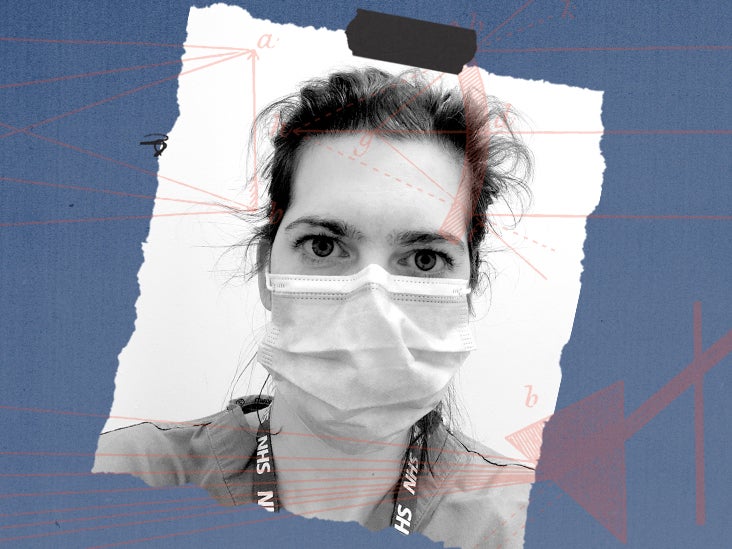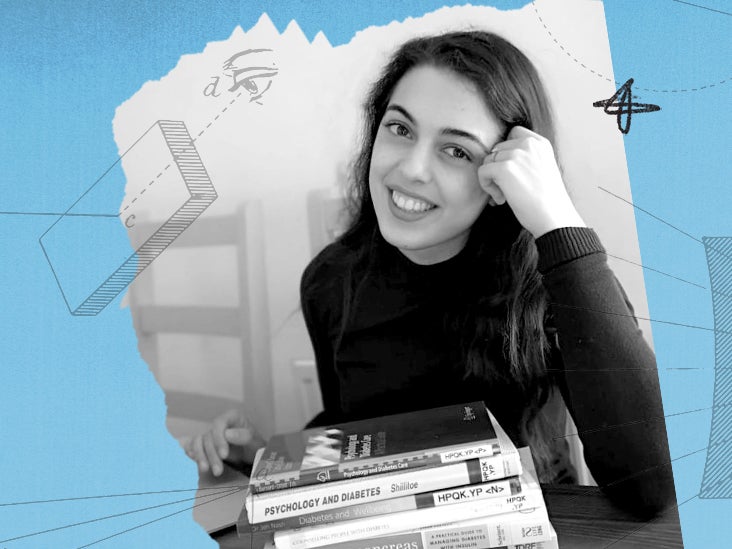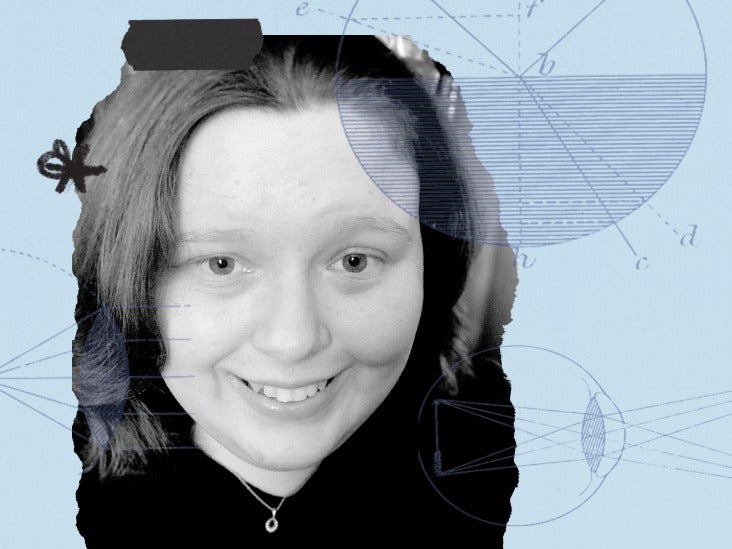Home » Health News »
Epilepsy: Adulthood diagnosis

There was absolutely no warning before the seizure came on. One moment, I was trying to open a door and feeling a bit weak, and the next thing I knew, I was being taken to the hospital by an ambulance. I lost almost an hour of my memory and have no recollection of what happened.
My colleagues told me that I fell into a perfect recovery position, and then, there was a lot of shaking. Once that stopped, I was sort of “awake,” walking around aimlessly and even giggling. It made me feel uncomfortable hearing this story, and I wasn’t keen to find out too much about what had happened.
In the hospital, they did a few tests, and I was told that it could have been an isolated seizure, which can happen to anyone once during their lifetime. To be honest with you, it didn’t feel like a big deal. I felt okay that same afternoon, so I brushed this experience off and moved on.
I wanted to be positive, and I definitely didn’t want to have epilepsy. I always assumed that it was a condition that people develop during their childhood, so how could I suddenly develop it now?
My second seizure
One afternoon, about 10 months later, while I was walking outside, I suddenly started feeling really scared, like I was about to lose control over my body. I knew something really bad was about to happen, and I didn’t know what to do.
I looked around, but there was nobody on the street. I was completely alone. I felt a huge amount of panic and started walking really fast. I didn’t know what was happening, and the panic was rising.
Now, knowing more about epilepsy, I know that this feeling of extreme dread was a symptom called aura that some people experience before they have a seizure.
The smart thing would have been to sit down rather than keep walking, but I couldn’t think clearly. I had never felt like this before in my life.
I woke up about 50 minutes later — again, in an ambulance. Because I was walking so fast while the seizure came on, I fell very hard, hitting my face on the hard concrete pavement.
I was bleeding on one side of my face, and I could taste blood in my mouth. My lips were swollen, but luckily, I didn’t loose any teeth.
The paramedics asked me whether I knew my name, what day it was, and the other usual questions. I was definitely in shock, because I started taking selfies of myself and of my bruised face, so I have this whole collection of selfies in the ambulance. I am even making silly faces in some of the photos, so they are quite funny.
I was told that there were six people looking after me who called the ambulance and waited with me. Apparently, my seizure lasted about 25 minutes. I am very grateful to these kind strangers for getting me help. I have never seen anyone having a seizure, but I can imagine it is quite scary to witness.
I spent about 7 hours in the hospital that afternoon. I had an ECG and other tests and consultations with different doctors and nurses.
That evening, I was meant to go to my favorite Italian restaurant for dinner with a friend of mine. She came to see me in the hospital, and when I got discharged, I was really hungry, so we walked straight in there, and I sat in that restaurant with my swollen face, eating a bowl of spaghetti. Can you tell that I am someone who doesn’t like to change their plans?
In the following weeks, I got referred for a CT scan and an MRI, and I had several doctor’s appointments to discuss what happened.
I vividly remember a conversation that I had with my epilepsy nurse one morning at 8 a.m. It was a checkup appointment. We were discussing my condition, and she asked me what I knew about SUDEP.
I had never heard of it before. She explained that SUDEP means a sudden unexpected death in epilepsy and asked me whether I wanted to know more about it, insisting that every person with epilepsy has to know about it. That was one of the worst mornings I have ever had.
After all these tests and appointments, my neurologist finally gave me an epilepsy diagnosis, as suspected, and I was put on anti-seizure medication. This was probably the hardest part of the whole experience, because the medication was making me really sleepy, and it was hard for me to stay focused when I was at work.
Adjusting to my diagnosis
I decided to stop drinking alcohol completely, because I didn’t like it that much anyway, and I didn’t want to mix it with my medication. Funnily enough, for some people I knew, my stopping drinking was the hardest thing to understand.
People would say things like “My friend has epilepsy. He drinks all the time, and he is fine,” but I made my own decision. I understand that some people with epilepsy drink alcohol, but for me, it’s not worth it.
Whatever condition you have, there will always be people who won’t take it seriously. They might dismiss it or act like you are being dramatic.
Within a few months, I started having horrible migraine. Adjusting to the side effects of my new medication, having regular migraine episodes, and dealing with the new diagnosis was a lot to handle, especially with no family nearby.
Around this time, I started having mental health problems. I developed anxiety, and every time I felt anxious, I kept thinking that I was about to have a seizure. I was being overly cautious. I decided to go to therapy, where I was able to build my confidence back up and stop with the catastrophizing thoughts that I kept having. I also changed my medication and decided to take a much lower dose, which agreed with me so much better.
It’s been 6 years since my last seizure, and 6 years since I have been taking epilepsy medication. I am at the stage where many people choose to wean off their meds for good.
It’s quite scary to do so, because it puts you at higher risk of having seizures again, and if you have one later, then you might have to start medication again, but I think it’s worth trying.
I feel quite lucky, because when I first got diagnosed with epilepsy, I was worried that I was going to have constant seizures, but that has never happened, and my life hasn’t really changed. I avoid flashing lights, and I get migraine at least twice a month, but it could be so much worse.
Sometimes, I still experience anxiety around my condition, but now I know how to manage it. Epilepsy hasn’t stopped me from enjoying my life and doing the things I love.
![]()



Source: Read Full Article


